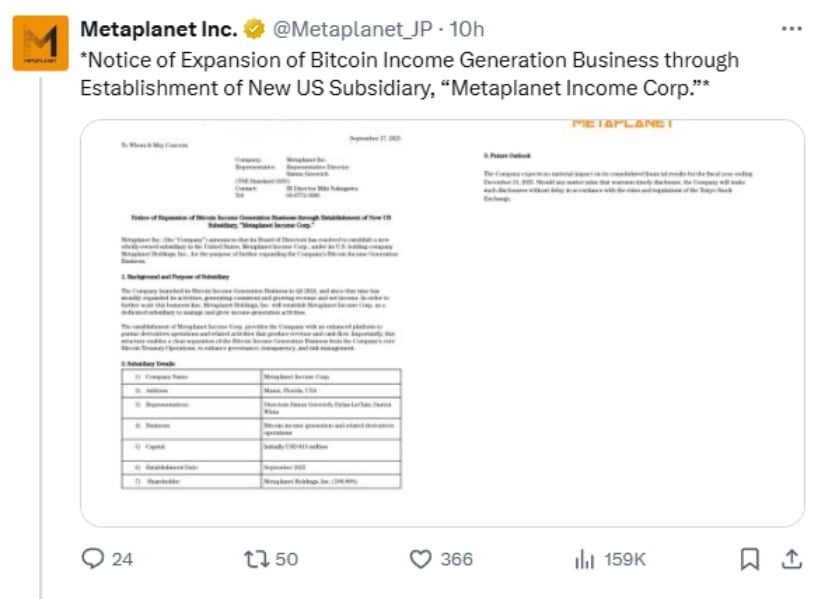Statement of The Surreal Economics
For centuries, human beings have been wandering in the space between reality and virtuality. Man makes a virtual copy of the objective existence by looking at the objective nature and immersing himself in the mental dreams; some drown in that space so much that they get far from the objectivity and others try to change the objective space in a way that brings it closer and closer to their mental space. The first group delivers poets, painters, and artists to human society and storytellers who, by arousing the public sentiment, immerse people in themselves and make them think. The second groups are technologists and thinkers who provide tools and equipment to make life easier for the public.
Over time, these two groups are connected by some ties, the most important of which is the resulting language and culture, leading to the gradual emergence of intertwined strands called politics, economics, Community, etc.
Over the past centuries, all human decisions have been based on behaviors derived from emotions. These emotions stem from reality and objectivity. Religion seemingly argued that human behaviors are derived from mental and virtual space created by religious instructions. However, even those instructions originated from objective reality. The definition of heaven and hell, the reward and punishment, the sovereignty of God, and the influence of evil are all influenced by the objective space around us.
Over time and with the advent of new technologies, radical changes have occurred in the human lifestyle. The predator man settled down with the discovery of agricultural methods, and ownership emerged. With the advent of ownership, new concepts such as owner and peasant changed the relationship between individuals and society. Later industries changed the Feudal relationship to employer and worker relationship. At the same time, with these changes, culture also faced many radical changes and challenges. At every time and era, the aristocracy needed people who were the power behind society to redefine the legitimacy of social relations and determine policy and economy to maintain its influence over the lower classes. With the advent of metaphysical technologies such as blockchain and cryptocurrencies, economics and politics face a new challenge. Economic justice has been redefined, not by tried-and-true culture makers, but by the freethinking of those who contemplate the nature of human existence.
Centralized governments and organizations have faced a new challenge. What has been going on in the realm of realism has been redefined by the characteristics of surrealism. Surrealism has moved beyond literature, painting, and art and has entered the realm of economics. An economy that focused all its attention on what it wanted. Now has changed its nature and thinks about what man wants.
To pass this stage, all structures must be disassembled and re-built. The properties of ordinary objects such as money, stocks, banks, and financial institutions must change, these properties are now gradually taken from ordinary objects, and they receive unusual properties. This is surrealism. Surrealism is no longer seen only in a poem or a painting. The cryptocurrency considers money an ordinary object by assigning unusual properties such as decentralized ownership, non-physical existence, etc. In the surreal world of economics, each individual is directly involved in shaping their destiny, and they don’t give authority to irresponsible organizations. This is how the world changed with the advent of agriculture, industry, electricity, electronics, and other technologies and faced a modern lifestyle that destroyed many cultures.
Transcendental technologies bring the world into a new technological space. They are accompanied by surreal economics, which is based on honesty and frankness of people’s subconscious. These people are always looking to produce the best profitability for human beings, leading to more significant changes than the past.
Surreal and metaphysical economics disintegrate our world’s mindset; we must prepare our minds before facing this space creature. Our mind is all we have.
and finally:
1- Just as the human imagination cannot be limited, so can a human life.
2- Surreal economics, like its predecessors, frees the human mind from economic traditions.
3- In surreal economics, the feelings of each individual are essential.
4- Every human is unique, having unique feelings and a unique economic insight that must be respected.
5- Surreal economics is a peer-to-peer economy based on justice.
6- In surreal economics, there is no employer and worker by traditional definition, the employer is the worker, and the worker is the employer at the same time.
7- In surreal economics, every human being is responsible for their wealth and the consequences of their decisions, and no one else has any rights to their wealth.
Statement of The Surreal Economics was originally published in Coinmonks on Medium, where people are continuing the conversation by highlighting and responding to this story.
You May Also Like

Bank of America raises its gold and silver price forecasts for next year to $5,000 and $65 per ounce, respectively.

White House adviser: Cryptocurrency bill is "very close" to passage
